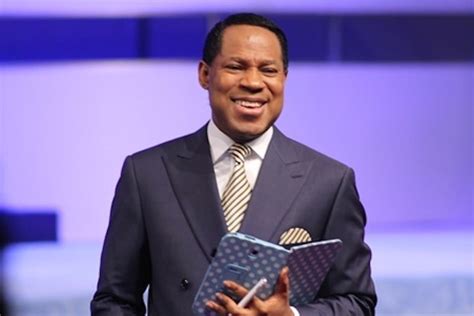A Quote by Antonio Damasio
You can be highly concentrated on a person, on a problem, and be so good at excluding all other material that that becomes not just the focus of your experience, but practically the sole content of your experience, everything else falling by the wayside.
Related Quotes
What's recommended is that if you have a good experience, don't get too excited. And if you have a bad experience, don't mistake it for a serious deviation or a sidetrack that you have to find your way back from. If you have a bad experience, just continue practicing as you were. In other words, whatever happens, just keep looking at your mind.
Essentially Satori is a sudden experience, and it is often described as a "turning over" of the mind, just as a pair of scales will suddenly turn over when a sufficient amount of material has been poured into one pan to overbalance the weight in the other. Hence it is an experience which generally occurs after a long and concentrated effort to discover the meaning of Zen.
It's a good time to say "Oh" and take stock and say, "Gee, how was I ethically this year?" That's the problem with faith, Joe. What it does is it kind of screws up your priorities. Your priorities shouldn't be saving your own ass, which is the focus of Christianity. The focus should be, I'm a good person, and I do that just for the sake of being good. Like the Christmas song says, "Be good for goodness' sake."
Sometimes the best set experiences make for the worst films. So, you don't want it to be too good an experience! But the bulk of your life is working with people and collaborating so you don't want anyone to be miserable on your film either. You want it to be something that people walk away from saying that it was a good experience for them and hopefully a good film. As a director, you are sort of leader of that troupe for that period of time, so you're aware of morale and your effect - how you are as a person and how that sort of trickles down to everyone else.
So, you've got a problem? That's good! Why? Because repeated victories over your problems are the rungs on your ladder of success. With each victory, you grow in wisdom, stature and experience. You become a better, bigger, more successful person each time you meet a problem and tackle and conquer it with a positive mental attitude.
Words are merely utterances: noises that stand for feelings, thoughts, and experience. They are symbols. Signs. Insignias. They are not Truth. They are not the real thing. In fact, you place so little value on experience that when what your experience of God differs from what you've heard of God, you automatically discard the experience and own the words, when it should be just the other way around.
Respect begins with this attitude: "I acknowledge that you are a creature of extreme worth. God has endowed you with certain abilities and emotions. Therefore I respect you as a person. I will not desecrate your worth by making critical remarks about your intellect, your judgment or your logic. I will seek to understand you and grant you the freedom to think differently from the way I think and to experience emotions that I may not experience." Respect means that you give the other person the freedom to be an individual.
When you rest deeply in the Unknown without trying to escape, your experience becomes very vast. As the experience of the Unknown deepens, your boundaries begin to dissolve. You realize, not just intellectually but on a deep level, that you have no idea who or what you are. A few minutes ago, you knew who you were-you had a history and a personality-but from this place of not knowing, you question all of that.





































